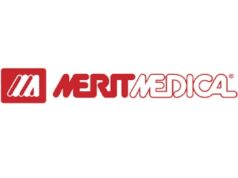MDS Nordion has announced that TheraSphere, an innovative Yttrium-90 radioembolization treatment for hepatocellular carcinoma (HCC), commonly known as primary liver cancer, was the topic of several presentations at the 2010 Society of Interventional Radiology (SIR) 35th Annual Scientific Meeting.
One of the presentations was focused on an investigator initiated study led by Riad Salem, MD, interventional radiologist and professor of radiology, medicine and surgery at Northwestern University, Chicago, USA. Salem and colleagues assessed clinical outcomes using TheraSphere in 291 patients suffering from HCC. Robert Lewandowski, a co-author and an interventional radiologist at Northwestern Memorial Hospital, presented a comprehensive analysis of the findings.
“This study is one of the first to look at radioembolization treatment with a large cohort of patients at various stages of the clinical disease progression,” said Salem. “In our analysis, we were able to determine what particular patient type would benefit from this treatment. This study has provided significant data points that could support future studies of similar scope.”
Steve Hong, a radiologist at William Beaumont Hospital, Michigan, USA, presented a study addressing the deterioration in liver function following radioembolization treatment for HCC. The study concluded that while liver deterioration is a known complication of radioembolization, most liver deterioration appeared to occur due to underlying cirrhosis or further progression of the patient’s liver cancer.
“These physicians have tremendous clinical experience and insight with respect to TheraSphere and how it performs in patients suffering from HCC,” said Kevin Brooks, vice-president, Marketing, MDS Nordion. “The existing standard of care for HCC treatment is maturing, and the interventional radiology community recognises that new and less invasive therapeutic technologies, like TheraSphere, ultimately benefit patients.”










